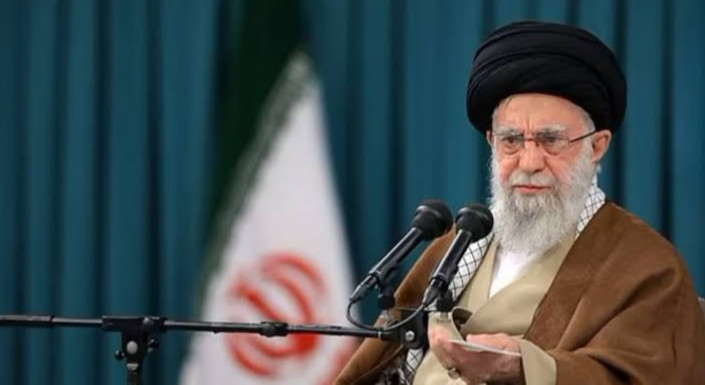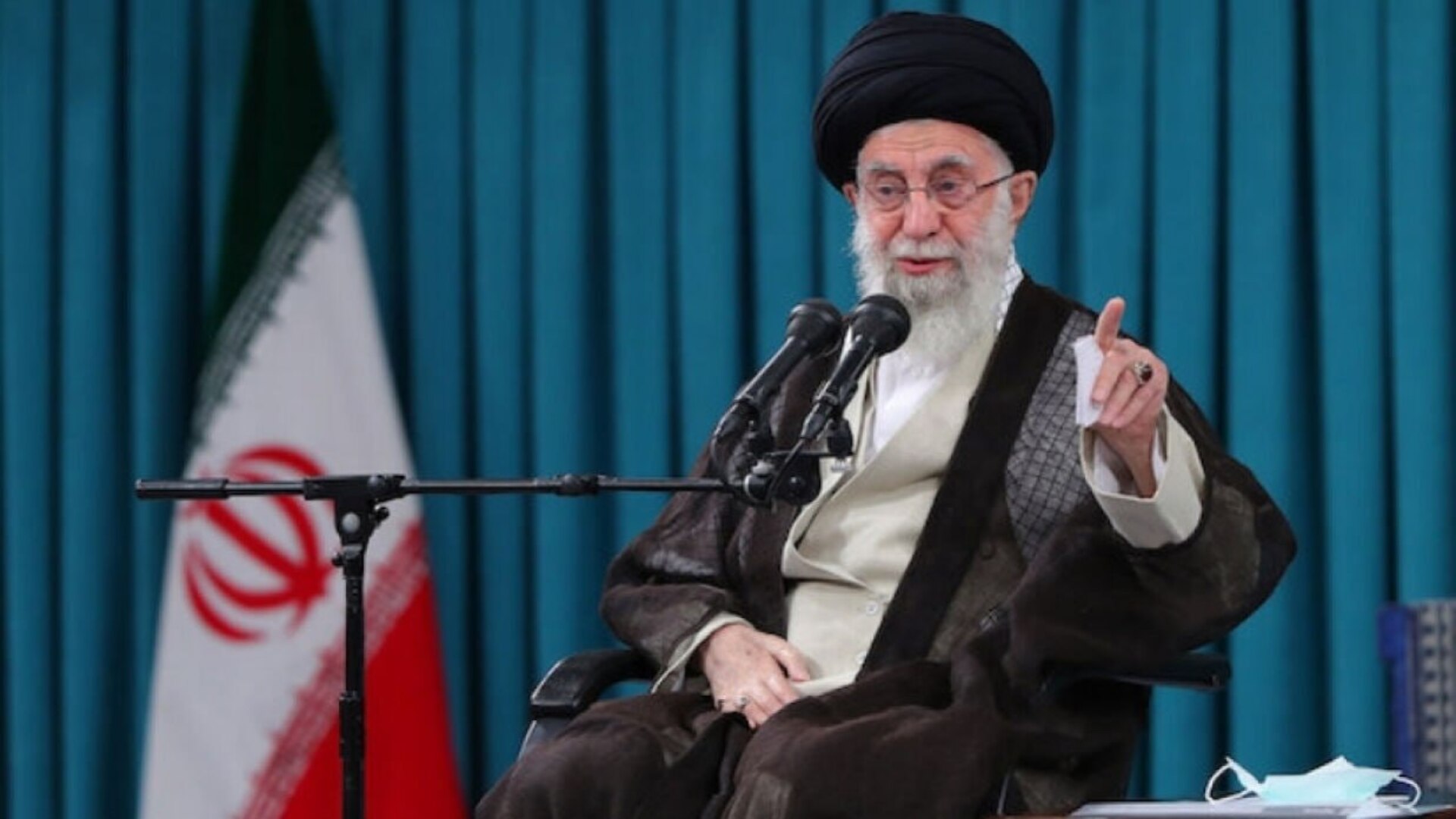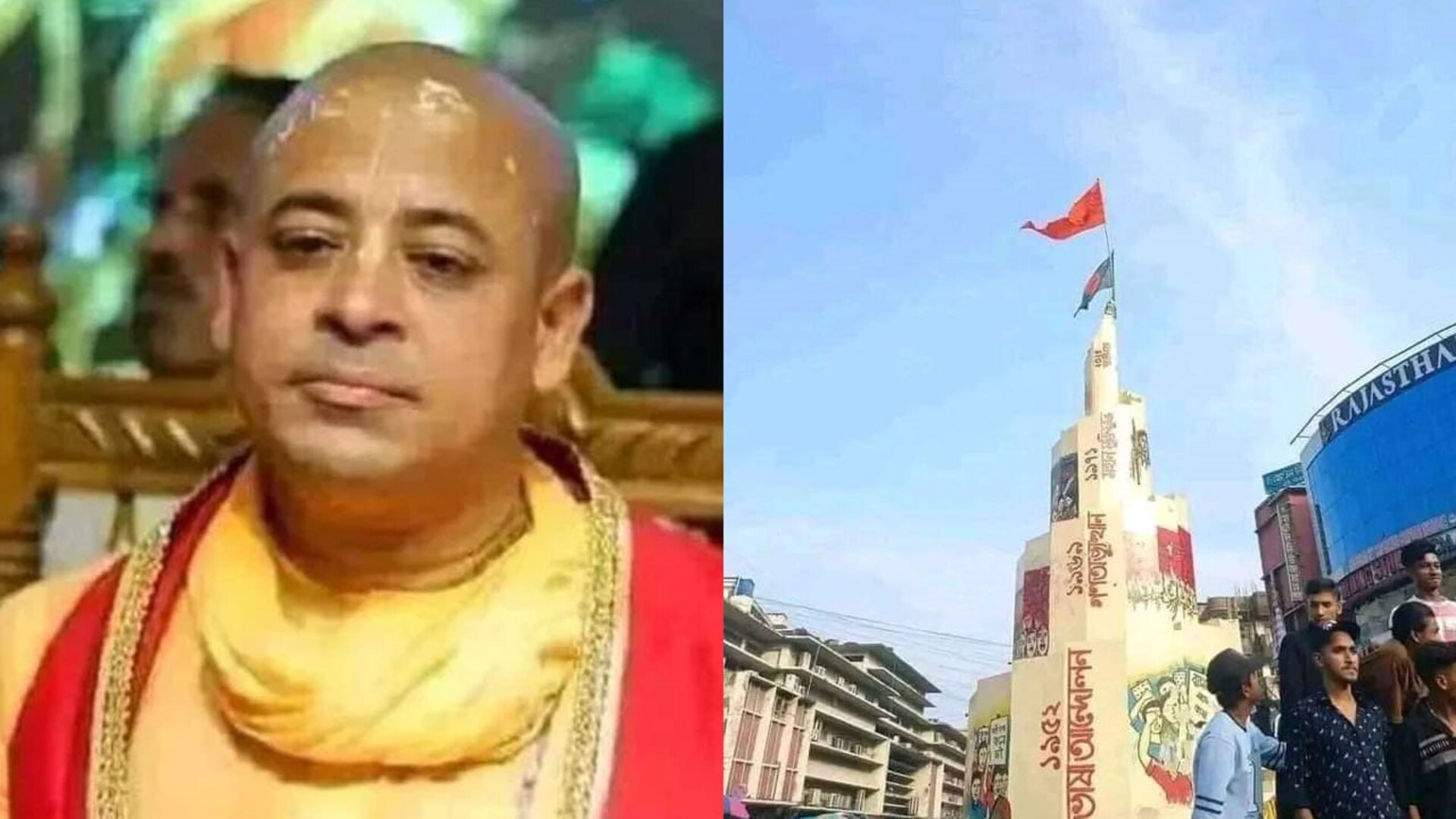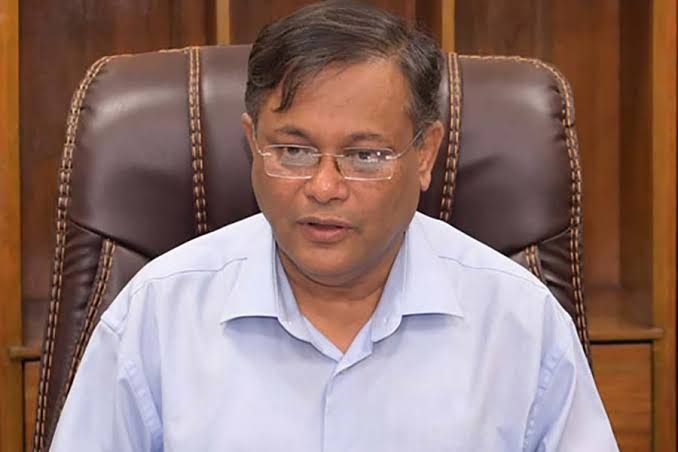
Ayatollah Seyyed Ali Hosseini Khamenei, known as the supreme religious leader of Iran, is a very important figure in the political and religious life of Iran. He was born on July 17, 1939 in Mashhad. His family was a religious and scholarly family. His father, Ayatollah Seyyed Javad Khamenei, was a respected Shia scholar.
Khamenei began his education at the religious madrasa in Mashhad. He later moved to the city of Qom, where he received religious education under Ayatollah Ruhollah Khomeini. During his student life he gained deep knowledge of theology, Islamic law, and Islamic philosophy. It was during this time that he became involved in Iranian politics and began working for the Islamic Revolution.
During the Islamic Revolution in 1979, Khamenei was a close associate of Khomeini. He played an active role in the revolutionary movement and served as the Chief of Army Staff during the Iran-Iraq War (1980-1988).
After the death of Ayatollah Ruhollah Khomeini in 1989, Khamenei was elected as Iran’s supreme leader. As the supreme leader, he wielded all the state and religious powers of Iran. Various reform and development programs have been adopted in Iran during his rule, but his style of governance has been debated internationally.
Ayatollah Khamenei is a prolific writer and thinker. He has authored several books and has statements and fatwas on various subjects. He lives a simple life and continues to work for the promotion and expansion of the Shia sect of Islam.
Ayatollah Ali Khamenei is an influential leader who has played a huge role in Iran’s political, social, and religious life. Under his leadership, Iran has maintained its position as one of the most important countries in the world.

 Md. Ibrahim Hossain Bishal
Md. Ibrahim Hossain Bishal 




















